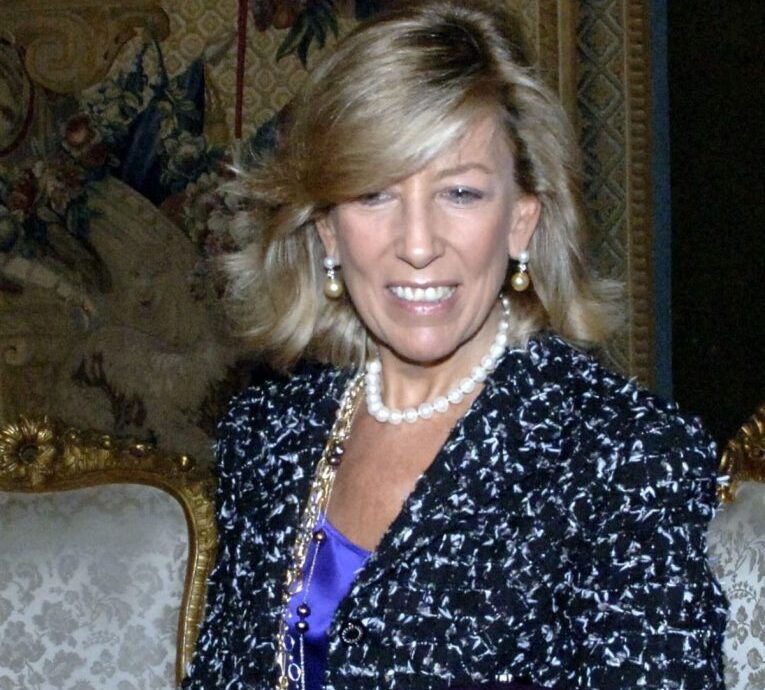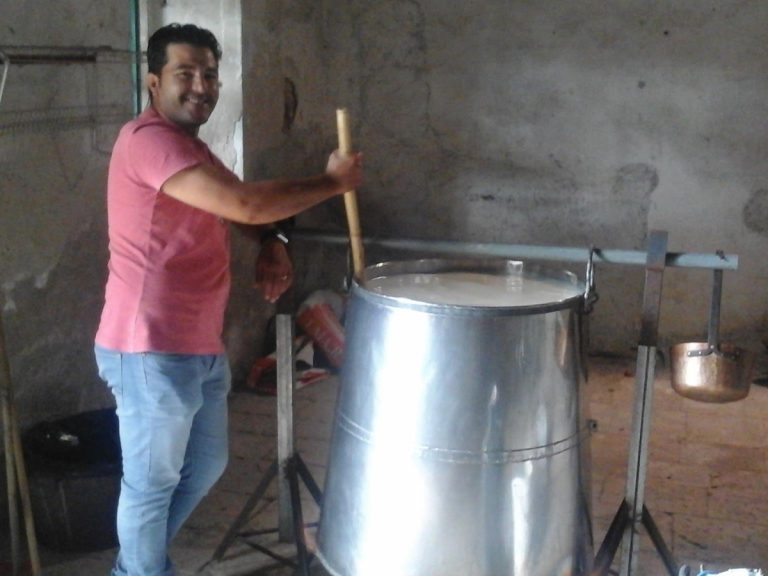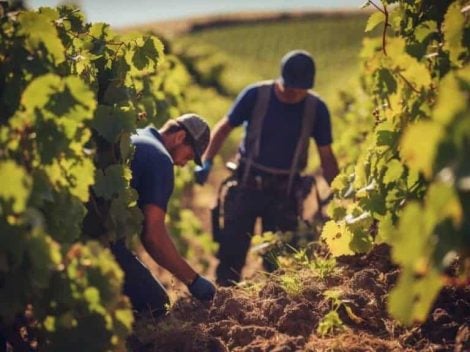Women have been hit the hardest by the pandemic for reasons that lie both in their position in the labour market, because they are mainly employed in highly impacted sectors, and in the stereotype regarding the social tasks attributed to them (women had to take care of their children during the online distance learning). To these problems the National Recovery and Resilience Plan wants to give a clear answer that cannot be put off any further, as reported by the Minister for Family and Equal Opportunities Elena Bonetti during the meeting organised by the Gambero Rosso Foundation.
Minister Elena Bonetti met the women of the food & wine sector
As part of the Gambero Rosso Foundation’s activities and commitment to sustainability and gender equality, we have organised a first meeting with the Minister for Family and Equal Opportunities Elena Bonetti and the Department for Equal Opportunities. The aim is to promote stimuli and ideas regarding the first National Plan for Gender Equality and the National Recovery and Resilience Plan. At the meeting, arranged and chaired by the Gambero Rosso’s President Paolo Cuccia, many businesswomen shared their experiences and proposals. The most frequently discussed topics were training, maternity, welfare and safety. The last one may seem irrelevant, but it is not, especially in the restaurant industry, where the exit time is almost always in the evening. The Minister presented the two main macro reforms they are working on – the Family Act and the National Strategy for Gender Equality – illustrating how some of the initiatives are new, such as the Universal Single Allowance for all, not just employees, the Mandatory paternity leave or the Gender Equality Certification for businesses: "It is a tool that will give companies a certification that qualifies companies’ policies regarding the gender equality topic as one of the elements of the country’s investment and development. It is not only a tool for ex-post verification, but it also helps companies to support women's work and careers with a consequent tax credit," explained the Minister, who also brought forward a proposal regarding the support of young women: "It would be useful to mentor through your network young women who want to pursue a career in your sector". We took note of that and we will keep interviewing and involving women in the sector. Now it is the turn of Pina Amarelli Mengano, chairwoman of the company that produces world's most famous pure liquorice.
Interview with Pina Amarelli Mengano
As a woman, what obstacles have you had to overcome in your career?
I can personally say that I have not had any difficulties as a woman in any of my many work experiences. I have always done my very best, first in my studies and then at my job, in the conviction that if there is competence there are no gender differences.
We are curious: what’s in your CV?
I graduated in law with top marks, and in 1968 I began my career as a lawyer and university professor with the awareness of women's abilities, yet never feminist and, above all, openness to every new experience. My adaptability and flexibility led me, after a few years and due to a series of events, to take over the family business, picking up a centuries-old entrepreneurial legacy.
In your current role, what management levers are you using to facilitate the female world?
I have always favoured female employees in the marketing and administrative sector, as well in the shop, with an all-female staff in the museum management and the archives of national historical interest. Great attention is paid to family needs and flexibility, rewarded by reliability and a strong sense of belonging.
Which proposals or changes would you submit to the government authorities to speed up the achievement of equality?
I consider the absolute wage equality essential, for which great demands are being made by women's associations and good politics. But the real goal to achieve is a welfare system that can guarantee women's careers, from crèches to elderly care, to bureaucratic facilitation, without forgetting to empower the new generation to be more equitable.
What methods and formulas do you suggest to make the male world aware of this gap? A gap that also has consequences on the GDP.
The legacy of Italy’s male world of mummy's boys, even more in the South, still lives on, since very difficult to eradicate. The role of family and schools is crucial in this respect, with equal education and awareness of the equal dignity of all activities, especially care and domestic work.
What message or advice would you give to women who have the ability and desire to stand out, particularly those who are still struggling, and to the younger generations?
A solid preparation and not to be afraid or feel inferior. It seems to me that young women feel quite strong, and the current regulatory proposals and ideas contribute to shaping a personality that, knowing how to value gender differences, will enable them to face the future, even in complex cases such as the generational handover in a company.
Tell us an anecdote (positive or negative) of one of your experiences on the subject.
For me, the most satisfying and positive experience was my entry into a top position in our family business in Calabria. In the early 1980s, having a leading role in a region considered Italy’s Cinderella both socially and economically, gave me paradoxically great visibility and made me a successful model.
Illustration by Ilenia Tiberti


 Burgundy’s resilience: growth in fine French wines despite a challenging vintage
Burgundy’s resilience: growth in fine French wines despite a challenging vintage Wine promotion, vineyard uprooting, and support for dealcoholised wines: the European Commission's historic compromise on viticulture
Wine promotion, vineyard uprooting, and support for dealcoholised wines: the European Commission's historic compromise on viticulture A small Sicilian farmer with 40 cows wins silver at the World Cheese Awards
A small Sicilian farmer with 40 cows wins silver at the World Cheese Awards Women are the best sommeliers. Here are the scientific studies
Women are the best sommeliers. Here are the scientific studies Where to eat at a farm stay in Sicily: the best addresses in the Provinces of Trapani, Palermo, and Agrigento
Where to eat at a farm stay in Sicily: the best addresses in the Provinces of Trapani, Palermo, and Agrigento






